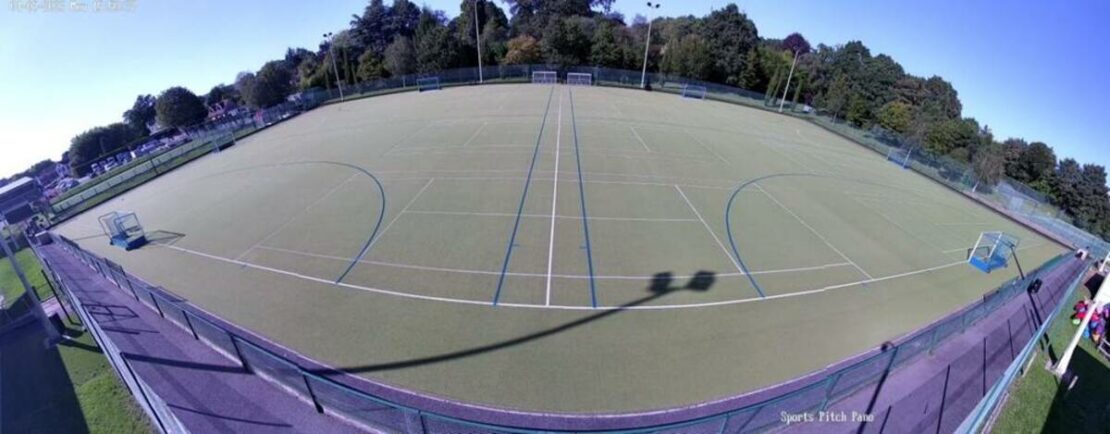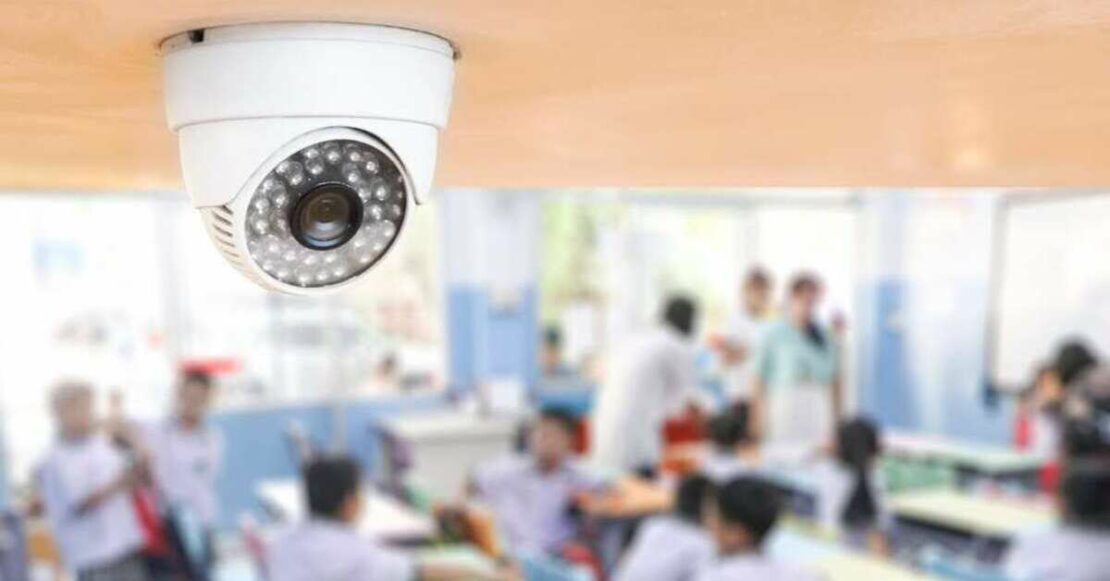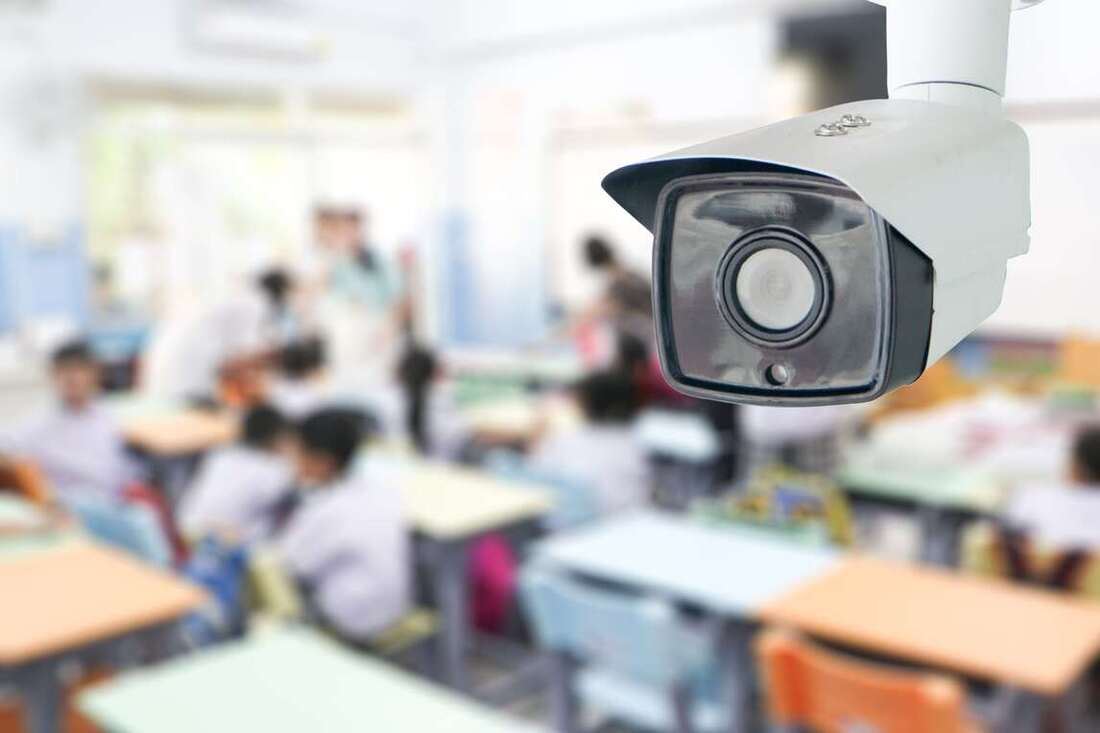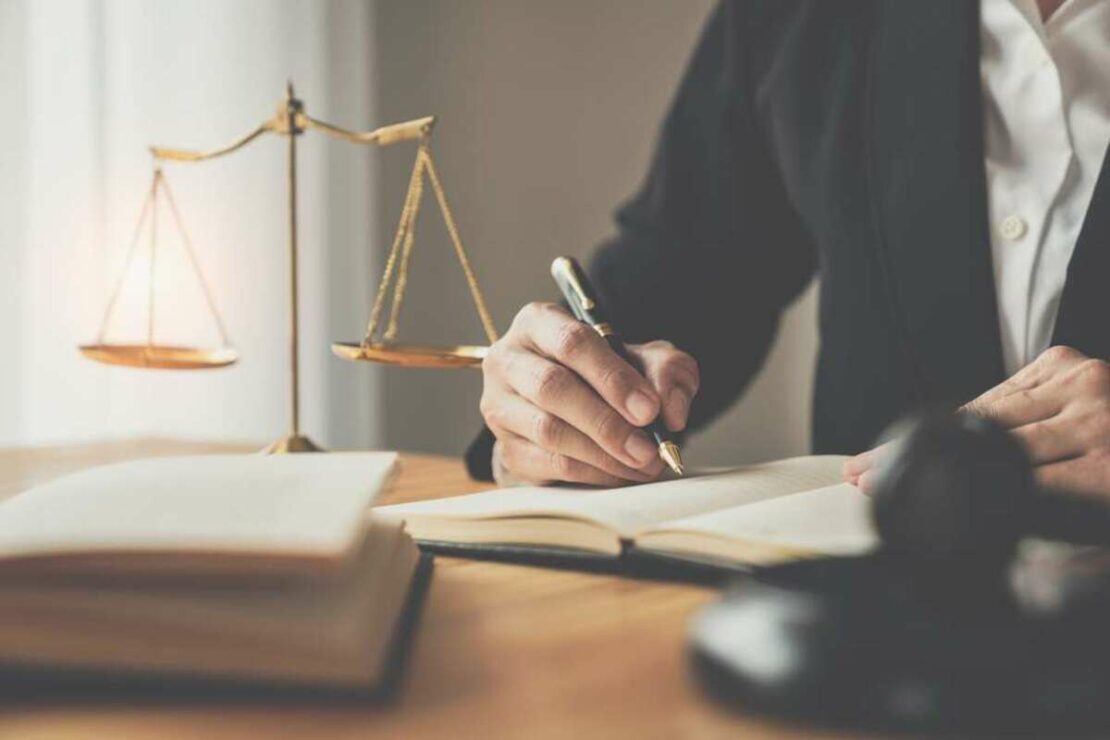
In today’s article, we focus on the rules and laws for using CCTV in schools. CCTV cameras are a familiar sight in many public sector buildings including schools.
In the UK, the laws surrounding the installation of CCTV in schools are governed by the Data Protection Act (1998) and the Human Rights Act (1998).
The aim of these laws is to balance the need for security and surveillance with the right to privacy and freedom of expression. It is vital that schools follow these laws when installing CCTV cameras, to ensure that they are not in violation of any rights or laws.
Related reading
If you are looking for more articles and insights into the topic of CCTV in schools, here is a small selection of articles to read from our blog:
- The best security camera systems for schools
- The pros and cons of using CCTV cameras in schools and classrooms
- The different types of school and classroom CCTV cameras
What are the laws surrounding installing CCTV in schools & classrooms?
We have produced this article to provide an overview of the laws surrounding CCTV installation in schools in the UK, while offering guidance on how to comply with them.
Throughout this article, we cover GDPR, data protection, and the Human Rights Act. At the bottom of this guide to the CCTV laws for schools, we offer a handful of easy-to-digest FAQs.
Looking to learn more? Let’s get started!
Table of contents
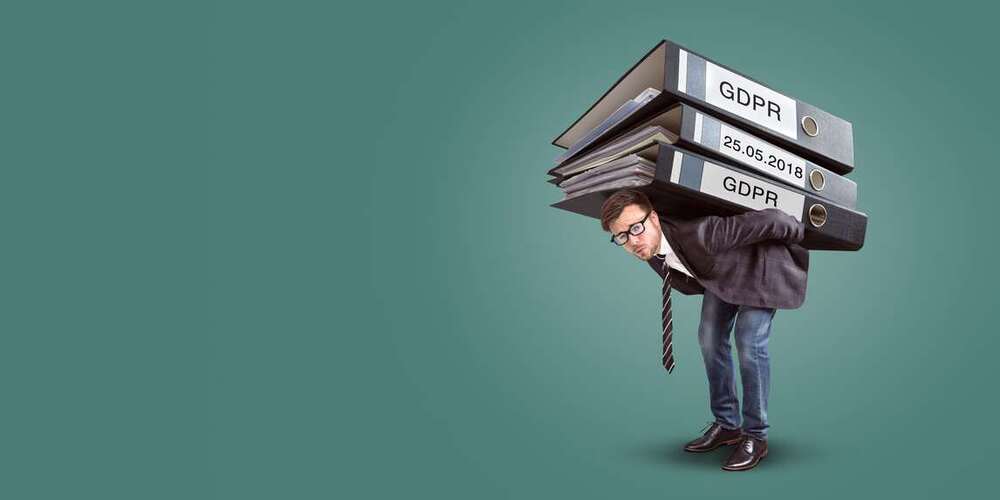
CCTV laws for schools: Data Protection Act
The Data Protection Act (1998) plays a large role in regulating the use of CCTV in schools in the UK. The Act sets out laws for how personal data, including images captured by CCTV cameras, can be collected, used and stored.
Furthermore, schools must ensure that the CCTV system is installed and operated in accordance with the guidelines of the Data Protection Act.
This includes making sure that the system is necessary for a specific purpose, that the images are only used for that purpose and that the images are kept secure and not shared with any third parties without consent.
Schools should also produce clear signage indicating that CCTV is being used.
Registering with the ICO
Under the Act, schools are required to register as data controllers with the Information Commissioner’s Office (ICO), if they intend to use CCTV for the purpose of monitoring individuals. This includes staff, students and visitors to the school.
The school must also inform individuals of their rights to access any images that have been captured of them. The school must respond to such requests within one month and is required to provide the images free of charge.
Responsibilities
In short, the Data Protection Act requires schools to follow a number of responsibilities.
These include registering as data controllers, ensuring that the CCTV system is used for a specific purpose, making sure images are kept secure, as well as providing clear signage and providing images when requested.
Schools that fail to follow these guidelines could find themselves in legal trouble, costing valuable time and resources.
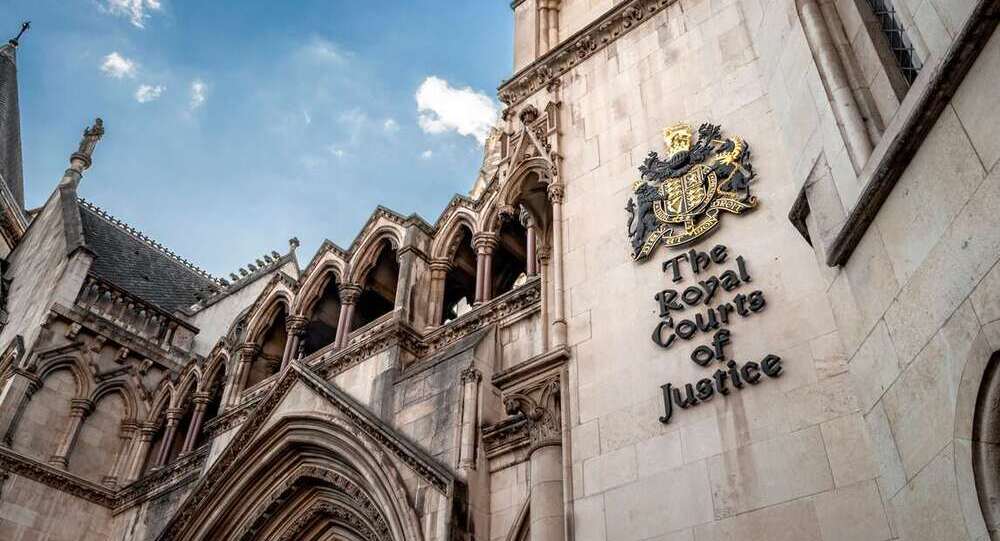
CCTV laws for schools: Human Rights Act
The Human Rights Act (1998) also plays a crucial role in regulating the use of CCTV in schools in the UK. This incorporates the European Convention on Human Rights into UK law, which includes the right to respect for private and family life (Article 8) and the right to freedom of expression (Article 10).
Proportionate and necessary
The Act requires that the use of CCTV must be proportionate and necessary to achieve a legitimate aim.
For example, CCTV cameras monitoring a school’s perimeter may be deemed necessary for security reasons, but having cameras in classrooms or bathrooms may be considered a breach of privacy.
Clear and transparent policies
The Act states that the use of CCTV cannot be arbitrary and that the school has clear and transparent policies in place regarding the use of the system.
This includes stating the purpose for the CCTV’s use, the procedures for accessing the footage, as well the amount of time the footage will be kept. Furthermore, individuals must be told when CCTV is used and given the opportunity to object.
Schools must also ensure that any CCTV footage does not cause unnecessary distress to individuals.
This means that the school is not collecting unnecessary data and only retains the footage for as long as it is needed to achieve the system’s purpose.
Protecting data
Finally, the Human Rights Act requires that the school takes all reasonable steps to protect the data collected.
This is to protect against unauthorised access, alteration, or destruction.
Additionally, This includes ensuring that the system is physically secure, that the data is encrypted and that access to the footage is restricted to authorised personnel only.

CCTV laws for school – article FAQs
In this short section of this guide to the CCTV laws for schools,
What are the rules on CCTV in schools?
Schools in the UK must follow the guidelines of the Information Commissioner’s Office (ICO) when using CCTV.
This includes informing people that they are being recorded, only using CCTV when necessary, and ensuring the footage is stored securely.
Do schools have to have a CCTV policy?
Yes, schools must have a CCTV policy that outlines why CCTV is being used, how it is being used, and how long the footage will be kept.
The policy must also be made available to parents and staff.
Are schools allowed to have CCTV?
Yes, schools are allowed to have CCTV as long as they follow the guidelines of the ICO.
CCTV can help deter crime and protect the safety of staff and students, but it must be used responsibly.
How long can a school keep CCTV?
Schools can keep CCTV footage for a maximum of 31 days, after which it must be deleted unless it is required for an ongoing investigation or legal proceedings.
Is it legal to have CCTV in school toilets in the UK?
Schools can install cameras in their toilets providing they are not directed toward or in cubicles.
CCTV laws in schools – summary
We hope this article has provided a good overview of the laws surrounding CCTV installation in schools.
Both the Data Protection Act and the Human Rights Act govern the use of CCTV in schools, to ensure a balance between security and the right to privacy is upheld.
If the school does not use CCTV for the correct reasons, provide clear signage for its use and take the necessary steps to ensure it is protected, serious legal action could be taken against them.
